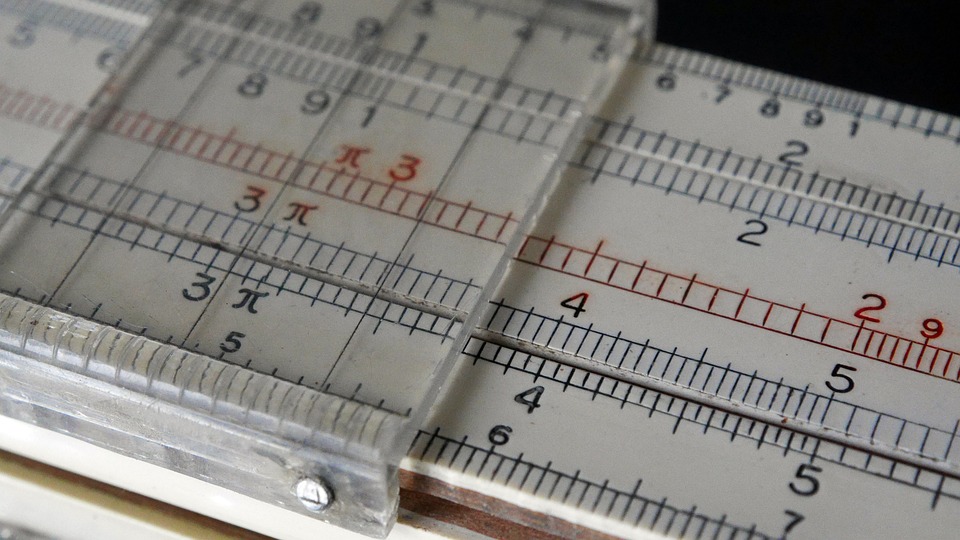Gender and Colonial Rule: Women’s Experiences

The Impact of Colonial Rule on Women
Colonial rule had a significant impact on the lives of women in the colonies, as their experiences were often shaped by the patriarchal systems that were imposed by the colonizers. Women in the colonies were often marginalized and subjected to various forms of discrimination and violence.
Restrictions on Women’s Rights
Under colonial rule, women’s rights were often restricted and their roles were limited to traditional gender norms. Women were expected to fulfill their duties as wives, mothers, and homemakers, and were not given the same opportunities for education or employment as men. In many colonies, women were not allowed to own property or participate in political activities, and were subject to the authority of their male relatives.
Colonial rule also reinforced patriarchal attitudes and stereotypes about women, portraying them as inferior to men and in need of protection and guidance. Women were often portrayed as being irrational and emotional, and were not considered capable of making decisions for themselves. These attitudes were used to justify the limitations placed on women’s rights and freedoms under colonial rule.
Violence and Exploitation
Women in the colonies were also subjected to various forms of violence and exploitation under colonial rule. Sexual violence was a common tactic used by colonial authorities to control and intimidate women, and many women were forced into sexual relationships with colonizers or subjected to violence and abuse.
Women were also exploited for their labor, both in the home and in the fields. Colonial authorities often forced women to work long hours in the fields or in factories, and women were not paid the same wages as men for their labor. Women were also expected to take on the majority of the household and caregiving work, often with little or no support from their male relatives.
Resistance and Resilience
Despite the challenges they faced under colonial rule, women in the colonies also showed resilience and resistance in the face of oppression. Women played a key role in anti-colonial movements and struggles for independence, and many were involved in political and social activism.
Women’s Activism
Women in the colonies were actively involved in various forms of activism in response to the injustices they faced under colonial rule. Women organized protests, strikes, and boycotts, and were instrumental in mobilizing communities against colonial authorities.
Women also played a key role in providing support and care for their communities, often acting as caregivers, healers, and leaders in times of crisis. Women’s activism often focused on issues such as land rights, education, healthcare, and economic empowerment, and many women fought for social and political change in their communities.
Gender Equality Movements
In addition to their role in anti-colonial movements, women in the colonies also began to organize around gender equality and women’s rights. Women’s organizations and movements emerged in many colonies, advocating for women’s education, political participation, and economic empowerment.
These movements also challenged patriarchal attitudes and stereotypes, and sought to empower women to assert their rights and freedoms. Women’s organizations provided vital support networks for women, offering resources, education, and advocacy on issues such as domestic violence, reproductive rights, and gender equality.
Legacy of Colonial Rule
The legacy of colonial rule continues to impact women in former colonies today, as many of the systems and structures put in place by colonizers continue to shape women’s lives and experiences. Women in former colonies still face challenges such as poverty, violence, and discrimination, and continue to fight for gender equality and women’s rights.
Challenges Facing Women Today
Women in former colonies continue to face numerous challenges in their daily lives, including lack of access to education, healthcare, and economic opportunities. Women are also disproportionately affected by poverty, violence, and discrimination, and often lack the resources and support needed to assert their rights and freedoms.
Women in former colonies also continue to face challenges in asserting their political rights and participating in decision-making processes. Women are often excluded from political leadership and representation, and face barriers to participating in public life.
Advocacy and Activism
Despite these challenges, women in former colonies continue to advocate for gender equality and women’s rights. Women’s organizations and movements continue to work towards social and political change, advocating for women’s empowerment, education, healthcare, and economic opportunities.
Women in former colonies are also increasingly using digital and social media platforms to raise awareness about gender equality and women’s rights, and to mobilize support for their causes. Women’s voices are becoming increasingly powerful and influential in shaping the discourse around gender equality and women’s rights in former colonies.
In conclusion, the experiences of women under colonial rule were shaped by patriarchal systems that marginalized and oppressed women in the colonies. Despite these challenges, women in former colonies have shown resilience and resistance in the face of oppression, and continue to advocate for gender equality and women’s rights. The legacy of colonial rule continues to impact women in former colonies today, but women’s activism and advocacy offer hope for a more equal and just future.